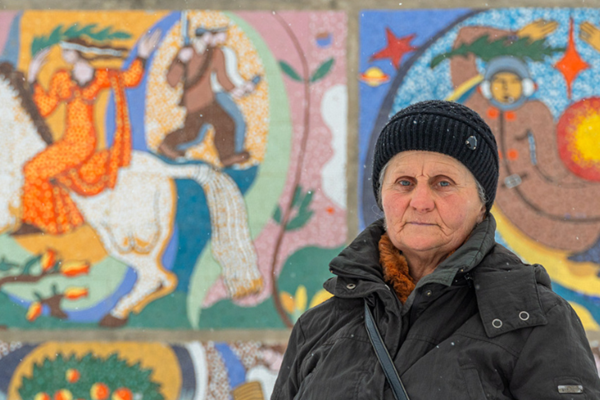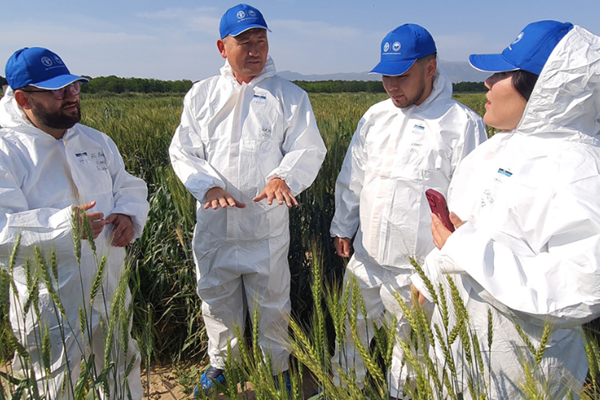Latest Stories
Latest News
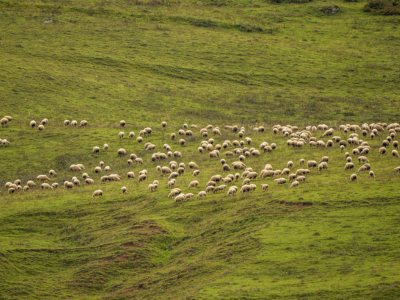
Major initiative on ruminant biosecurity in the Black Sea region comes to an end
10/06/2025
A five-year regional initiative by the Food and Agriculture Organization of the United Nations (FAO) on better ruminant biosecurity has concluded last week with a workshop in Barcelona, Spain. The project has been supporting nine countries around the Black Sea Basin to improve disease prevention and control in ruminant livestock systems. The workshop, hosted by the Faculty of Veterinary Medicine of the Universitat Autònoma de Barcelona (UAB), the key research partner in the project, brought together veterinary authorities and academic partners from the participating countries.
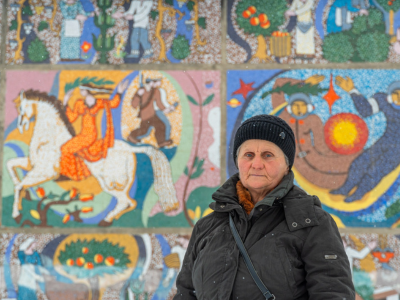
Smallholder woman farmer flourishing with innovative cheesemaking and modern dairy production practices in Georgia
06/06/2025
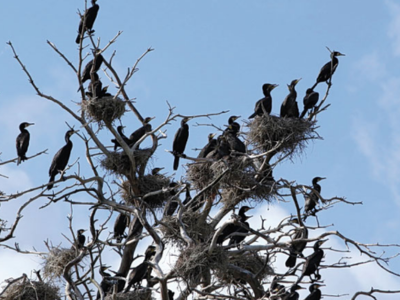
New European plan aims to curb cormorant impacts on fisheries
05/06/2025
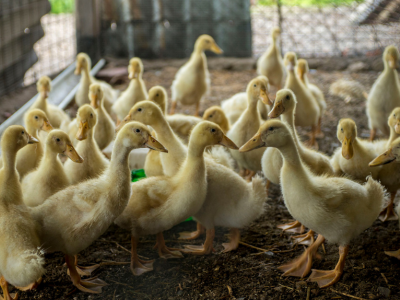
FAO launches two-year initiative to prevent antimicrobial resistance in the Moldovan agrifood sector
04/06/2025
The Republic of Moldova is stepping up its efforts to combat antimicrobial resistance (AMR) within its agrifood sector through a comprehensive new project launched by the Food and Agriculture Organization of the United Nations (FAO) in collaboration with national authorities. The initiative was inaugurated through a series of workshops held in Chișinău from 12 to 16 May 2025. More than 30 national partners from the agrifood and health sectors gathered to strengthen intersectoral cooperation and assess progress in the Republic of Moldova on combating AMR.
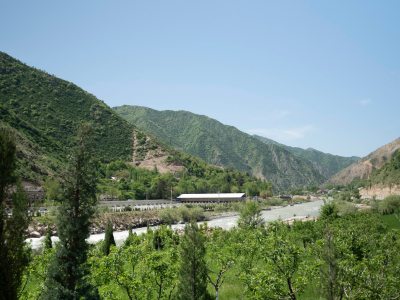
Central Asian countries unite for sustainable water and land management
04/06/2025
Central Asia, home to ecologically important river and wetland systems, extensive grasslands, and high mountain ranges that support unique biodiversity, faces escalating pressures. The region is particularly vulnerable due to its arid nature, increasing demands for natural resources, unsustainable development, and changing climate patterns, which contribute to an estimated USD 6 billion in annual economic losses related to land degradation alone. In response, five Central Asian countries – Kazakhstan, Kyrgyz Republic, Tajikistan, Turkmenistan, and Uzbekistan – are supporting the development of the Central Asia Water-Land Nexus (CAWLN) programme.

Virtual training for veterinarians aids in the reporting and prevention of zoonoses
30/05/2025

Astana International Forum: FAO calls for increased investment to unlock Central Asia’s potential and address regional challenges
29/05/2025
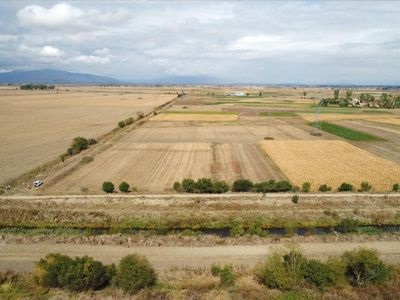
LANDNET workshop to discuss good practices on land consolidation success in Europe and around the world
28/05/2025
In many countries of the Europe and Central Asia region, the majority of smallholder farmers own fragmented land parcels that are difficult to farm efficiently, hampering economic growth and sustainable production.
One solution is land consolidation, the reallocation of agricultural land parcels to improve the farm structure. At a three-day LANDNET workshop in Budapest, Hungary, from 28 to 30 May, experts from more than 30 countries will discuss how the process benefits women’s land rights and tenure security, combats climate change and land degradation, and boosts the development and regulation of agricultural land markets.
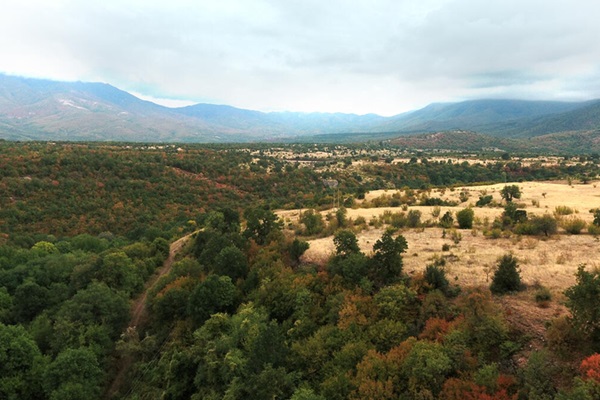
Enhanced forest fire management will bolster North Macedonia’s climate resilience
27/05/2025
North Macedonia’s forestry sector, historically the country’s primary greenhouse gas (GHG) sink, is increasingly vulnerable to the impacts of climate change. More frequent forest fires, rising temperatures, and land use changes are weakening the sector’s ability to sequester carbon. To reverse...
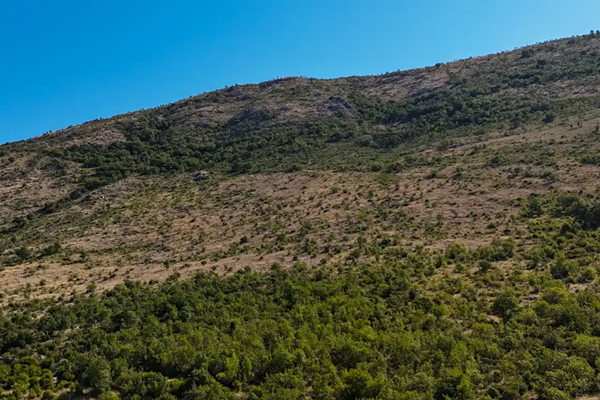
Collaboration is key to successful land management in Bosnia and Herzegovina
26/05/2025
While Bosnia and Herzegovina has successful examples of land degradation neutrality efforts, more aggressive action is needed to address the broader challenges.
The priorities should include harmonising land regulations across both entities and Brčko District, followed by the adoption of unified methodologies and the creation of reliable collection, storage and analysis capabilities. Only through an approach that ensures a uniform framework across all administrative units in Bosnia and Herzegovina can the issue of land protection be effectively addressed.

